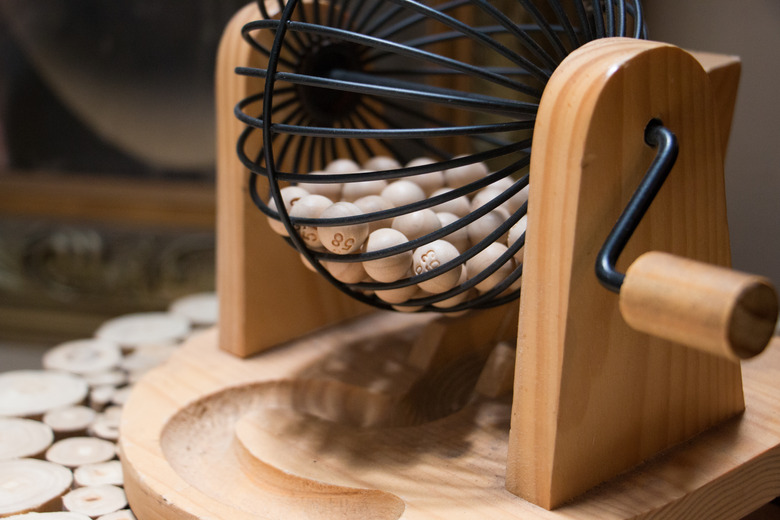Math Icebreaker Games
Students often dread mathematics, so opening the first day of math class with an enjoyable math icebreaker game allows students to get to know each other and see see that math can be fun. Enjoyable math activities also show students that math is relevant to life outside the mathematics classrooms.
TL;DR (Too Long; Didn't Read)
Math games help students practice valuable math skills in a relaxed, enjoyable way. Some good options for math games that break the ice in a new group are Bingo, Think Fast and Fizz Buzz.
Become Acquainted Bingo
Become Acquainted Bingo
Give students a bingo card when they walk through the door. Each square of the card should contain personal data using math instead of whole numbers. For example, one square could say: "Someone who has a number of kids in the family which is divisible by three," "Someone whose last two digits in his phone number add up to a number greater than eight" or "Someone who has a number of pens in his book bag that is less than five but greater than three." Students should mingle throughout the room, seeking students who match the information on each square and recording the initials of matching students in the appropriate bingo squares.
Think Fast
Think Fast
Divide students into groups and tell them that the ability to multiply and add numbers quickly without paper is a valuable skill. Begin announcing mental math problems like 35 times 18 or $23.33 plus $47.08. You can assign points to the teams who correctly answer each question. The goal is to keep the atmosphere light so the groups feel comfortable yelling out answers. It is a good idea to provide prizes for the students (both the winning group and the participating groups) after the game ends.
Fizz Buzz
Fizz Buzz
Fizz Buzz is a fast-paced, silly game certain to help students relax while practicing numbers analysis. The students should stand in a circle, and one student should begin by saying a number between 1 and 99. The next person in the circle says the next number in sequence, and so on. However, if a number contains a 5 or is divisible by 5, the student must say "fizz" instead of the number. If a number contains a 7 or is divisible by 7, the student must say "buzz." For example, you wouldn't say the number 35; instead you would say, "Fizz buzz." If someone makes a mistake, he is either out of the game or must accumulate a number of strikes until he is out. The last remaining player is the winner.
No matter which ice breaker math game you choose, you are certain to inspire a relaxed atmosphere and genuine enjoyment of mathematics.
Cite This Article
MLA
Cummings, Lane. "Math Icebreaker Games" sciencing.com, https://www.sciencing.com/math-icebreaker-games-6559009/. 11 May 2018.
APA
Cummings, Lane. (2018, May 11). Math Icebreaker Games. sciencing.com. Retrieved from https://www.sciencing.com/math-icebreaker-games-6559009/
Chicago
Cummings, Lane. Math Icebreaker Games last modified August 30, 2022. https://www.sciencing.com/math-icebreaker-games-6559009/
